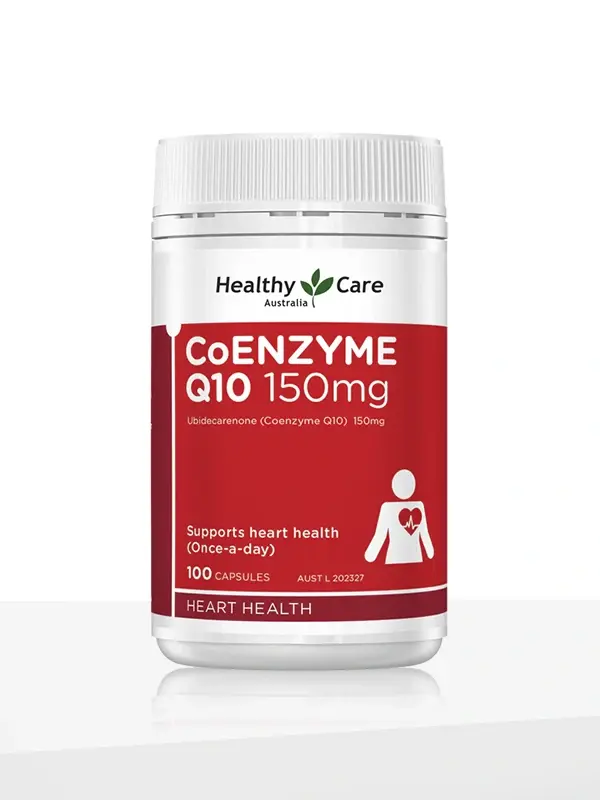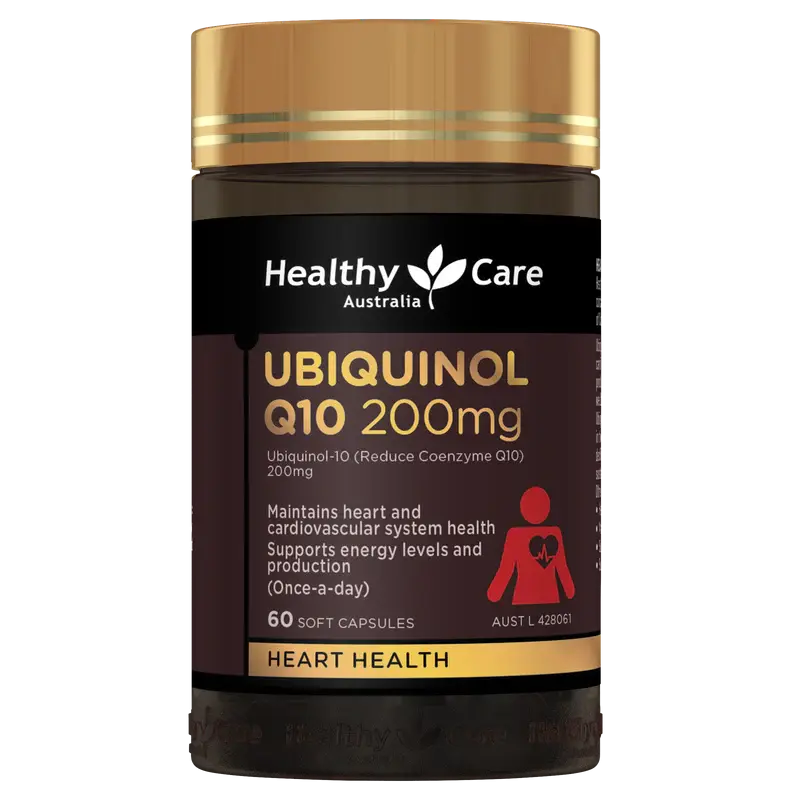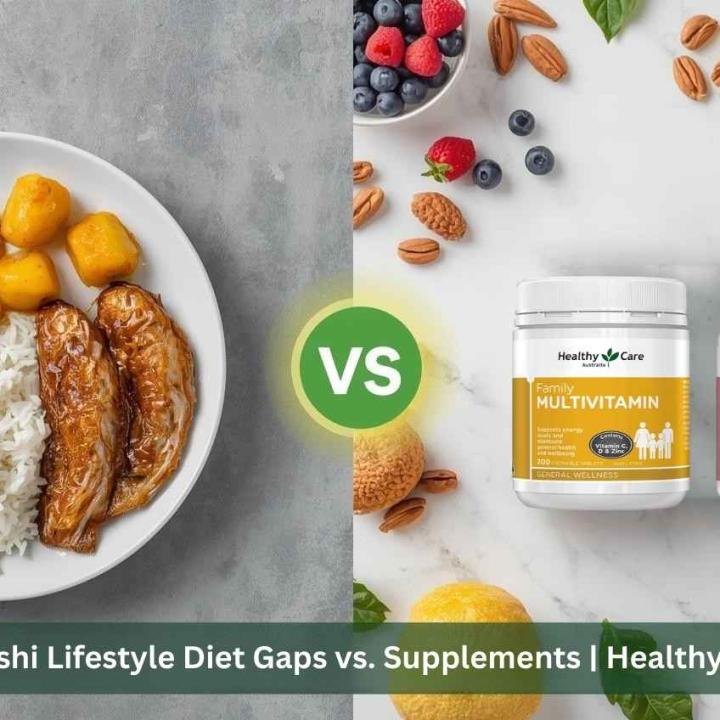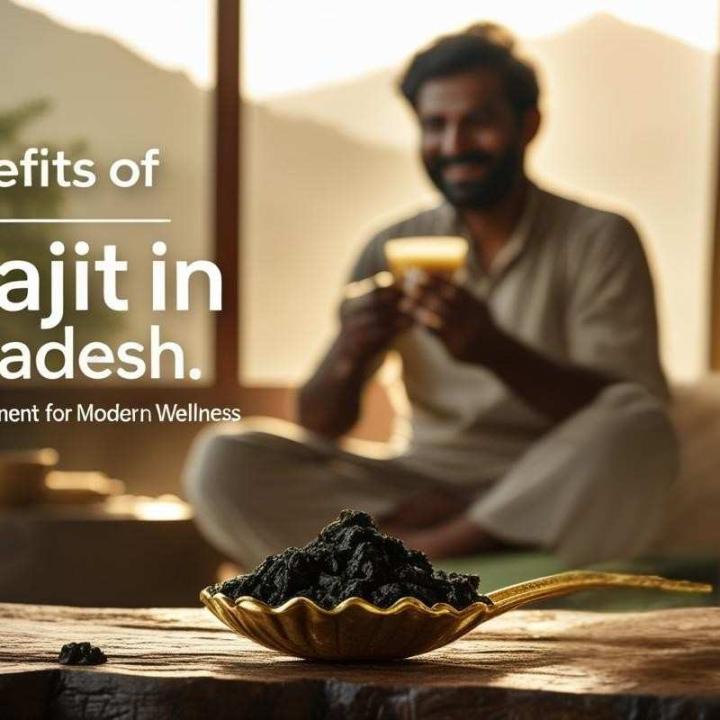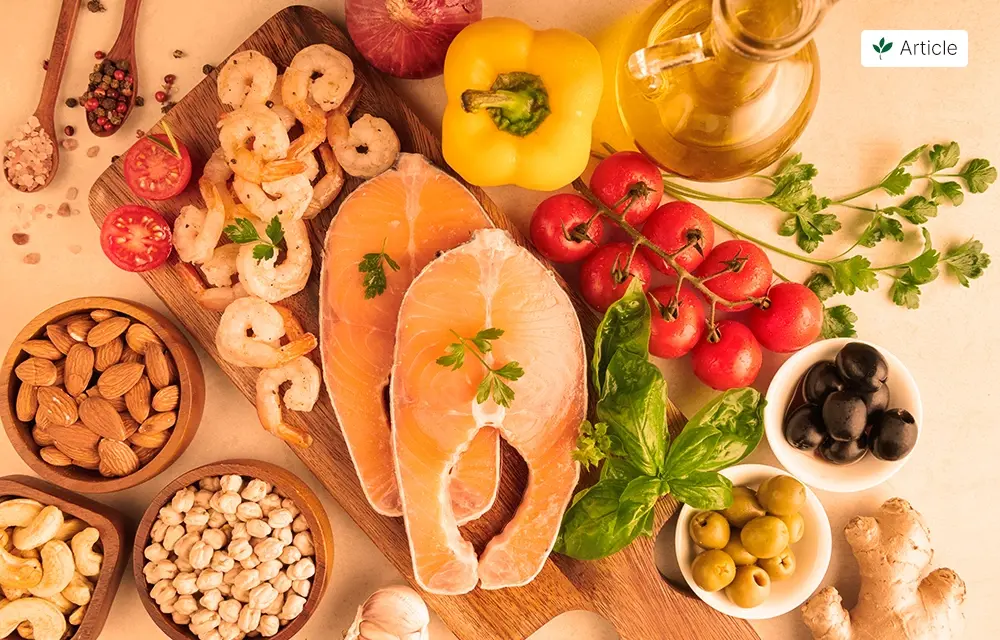
Food Sources of CoQ10 in Bangladeshi Diet
Wondering which foods naturally contain CoQ10? In Bangladesh, many people experience fatigue or heart-related issues due to low CoQ10 levels — especially with age or statin use. This guide explores the top dietary sources of CoQ10 and how to pair them with supplements for better absorption and long-term health.
Why This Topic Matters
CoQ10 is a nutrient found in every cell, helping convert food into energy. But levels decline with age, certain medications, and poor diet. While some foods like organ meats and oily fish provide natural CoQ10, most diets in Bangladesh may fall short — especially for vegetarians or those with low protein intake.
- 🥩 Rich sources include beef heart, liver, sardines, mackerel
- 🥬 Spinach, broccoli, and soybeans offer smaller amounts
- 🍳 Cooking reduces CoQ10 — supplementation helps restore
- 🧬 CoQ10 supports heart health, brain function, and energy
- 💊 Ubiquinol supplements improve absorption for seniors
Top Supplements for CoQ10 Support
🥇 Healthy Care Coenzyme Q10 150mg 100 Capsules
- Helps replenish CoQ10 levels in the body
- Supports energy production & heart health
- High potency – ideal for daily maintenance
🥈 Healthy Care Ubiquinol Q10 200mg 60 Capsules
- Active form of CoQ10 – highly bioavailable
- Ideal for seniors or individuals on statins
- Supports cellular energy & antioxidant defense
Explore Related Guides
FAQs about CoQ10 Foods & Absorption
Which foods are highest in natural CoQ10?
Beef heart, liver, sardines, mackerel, and spinach are rich in natural CoQ10. However, cooking can degrade its levels.
Can I rely on food alone to maintain CoQ10 levels?
In many cases, diet alone may not meet your body’s CoQ10 needs, especially with aging or statin use. Supplements are often recommended.
What’s the difference between Ubiquinol and Ubiquinone in food?
Foods generally contain Ubiquinone, which must be converted to Ubiquinol — the active form used by your cells.

